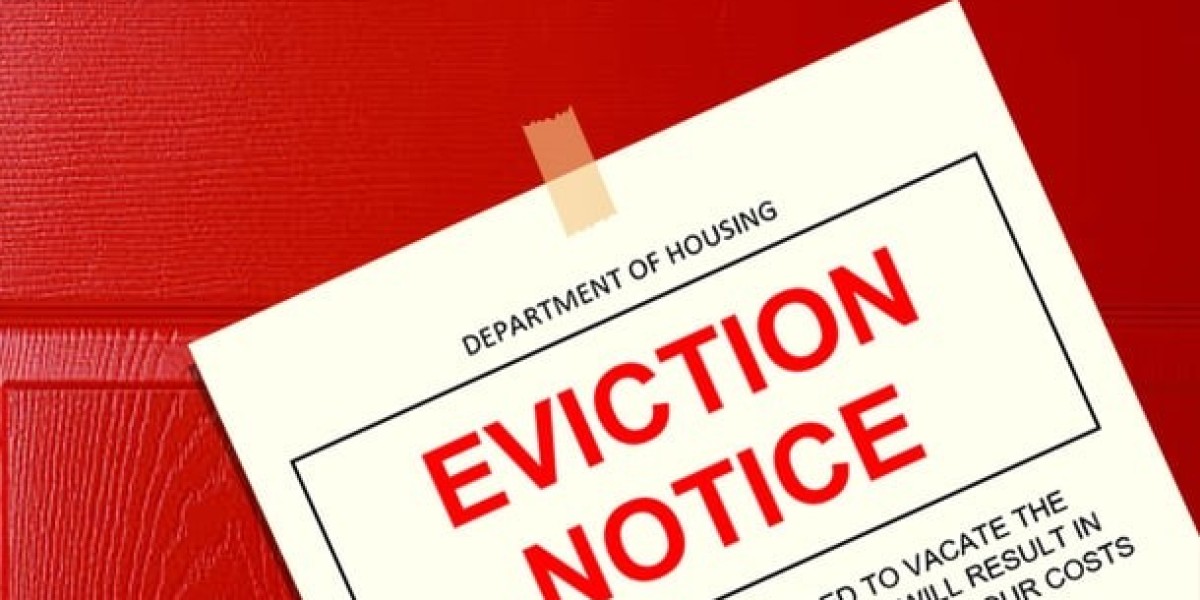When it comes to managing rental properties, landlords must be well-versed in the legal processes for tenant eviction. Key terms such as Section 21, Section 8 notice, and Section 13 play crucial roles in the UK’s landlord-tenant law. Whether you're dealing with a holiday let, a long-term tenancy, or problematic tenants, understanding these legal mechanisms is essential.
This comprehensive guide explores the differences between Section 21 and Section 8, explains how Section 13 applies to rent increases, and highlights when landlords may need tenant eviction specialists for a smooth and lawful process.
Does Section 21 Apply to Holiday Lets?
One of the most common questions landlords ask is: "Does Section 21 apply to holiday lets?"
The short answer is no.
Why Section 21 Doesn’t Apply to Holiday Lets
Section 21 of the Housing Act 1988 allows landlords to evict tenants without providing a reason, but only under an Assured Shorthold Tenancy (AST) agreement.
Holiday lets are typically classified as excluded tenancies or licences, meaning they fall outside AST regulations.
Since holiday lets are usually short-term (less than six months), they do not qualify for the same eviction protections as long-term rentals.
Instead, landlords managing holiday lets must rely on the terms of the rental agreement. If a guest overstays, the landlord may need to pursue a common law eviction process rather than using Section 21.
What is a Section 8 Notice?
A Section 8 notice is another legal tool landlords can use to evict tenants, but unlike Section 21, it requires a valid reason.
Grounds for a Section 8 Eviction
Under the Housing Act 1988, a Section 8 notice can be served if the tenant has breached the tenancy agreement. Common grounds include:
Rent arrears (Mandatory Ground 8 – if rent is unpaid for at least 2 months).
Anti-social behaviour (Ground 14).
Damage to the property (Ground 13).
Breach of tenancy terms (Ground 12).
How Section 8 Differs from Section 21
Section 8 requires proving fault, while Section 21 is a "no-fault" eviction.
Section 8 can be used during a fixed-term tenancy if grounds are met, whereas Section 21 usually applies after the fixed term ends.
Courts may refuse a Section 8 eviction if the landlord fails to provide sufficient evidence.
Landlords should consult tenant eviction specialists if they are unsure about the correct procedure.
Understanding Section 13 Notices for Rent Increases
While Section 21 and Section 8 deal with evictions, Section 13 of the Housing Act 1988 governs rent increases for periodic tenancies (rolling contracts).
How a Section 13 Notice Works
Landlords must use a Form 4 to propose a rent increase.
The new rent must be fair and in line with market rates.
Tenants can challenge the increase through a tribunal if they believe it’s unreasonable.
Key Differences Between Section 13 and Other Notices
Section 13 is not an eviction notice but a formal rent adjustment process.
Unlike Section 21, tenants cannot be evicted simply for refusing a rent increase unless other grounds (like Section 8) apply.
Legal Considerations for Landlords
Whether using Section 21, Section 8, or Section 13, landlords must follow strict legal procedures to avoid disputes or invalid notices.
Common Mistakes to Avoid
Incorrect notice periods – Failing to give the required notice (usually 2 months for Section 21).
Retaliatory evictions – Using Section 21 to punish tenants for complaining about property conditions (may be deemed unlawful).
Wrong forms – Using an outdated Section 8 or Section 21 form can lead to dismissal in court.
Ignoring deposit protection rules – If a deposit isn’t protected, Section 21 cannot be used.
When to Hire Tenant Eviction Specialists
If the tenant disputes the eviction.
If the landlord is unfamiliar with court procedures.
If the case involves complex issues like holiday lets or rent arrears.
Conclusion
Navigating landlord-tenant law requires a clear understanding of Section 21, legal for landlords, Section 8, and Section 13 notices. While Section 21 provides a no-fault eviction route, it does not apply to holiday lets. Section 8 is used when tenants breach agreements, and Section 13 regulates rent increases.
For landlords seeking a hassle-free eviction process, consulting tenant eviction specialists ensures compliance with legal requirements and minimizes risks.
By staying informed and following proper procedures, landlords can protect their investments while maintaining fair tenant relationships.







